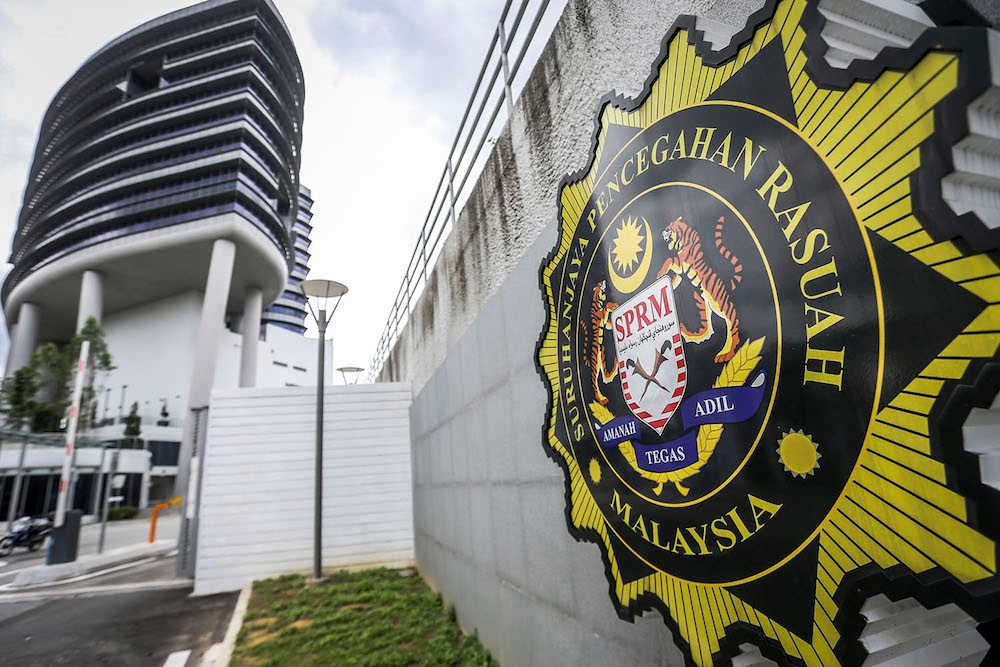LONDON, March 30 ― Euro zone government bond yields rose today, pushed back towards multi-year highs by inflation concerns after a roller-coaster session the previous day.
News that consumer prices in the German state of NRW rose by 2.7 per cent month-on-month in March and were up by 7.6 per cent year-on-year kept bond markets on edge over surging inflation.
Commerzbank rates strategists said the number adds weight to expectations for “a major upside surprise” in the national inflation number due out later in the session.
In early trade, short-dated bonds continued to drive the charge higher in borrowing costs.
Germany's two-year bond yield ― which pushed above 0 per cent yesterday for the first time since 2014 ― was up 5 basis points at 0.008 per cent, just off the previous day's high.
Other short-dated bond yields in the euro area were up 4-6 bps on the day.
Germany's benchmark 10-year Bund yield was 2.5 bps higher on the day at 0.66 per cent, near four-year highs hit yesterday.
In a highly volatile session, bond yields soared yesterday, with upbeat headlines out of talks to end the war in Ukraine exacerbating the bond selloff. But yields came sharply off their highs later in the day.
Rabobank rates strategist Lyn Graham-Taylor said it was becoming increasingly difficult to make sense of what was driving bond markets, as investors try to assess what a possible end to the conflict means for the outlook for the economy and inflation.
“There's a very confused outlook and it's tricky to form a view on what the market is trading on, and I don't think we're the only ones,” he said.
“The brief inversion of the US curve is also getting a lot of attention.”
The closely watched US 2-year/10-year Treasury yield curve briefly inverted yesterday for the first time since September 2019, as bond investors bet that aggressive tightening by the Federal Reserve would raise recession risks for the US economy.
The Fed hiked rates by a quarter-point earlier this month and has flagged bigger moves to tame inflation.
That spread was at just under 4 bps in early London trade, keeping inversion territory in sight. ― Reuters






















